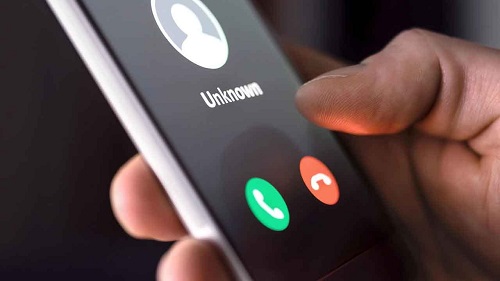5.20.22 – KFOR

Our cell phones can be a blessing and a curse. While we’re more connected than ever, so too are we to scammers and aggressive robocallers, and suspect phone calls continue to tick up.
Studies show Americans received more than 50 billion robocalls in 2021 alone.
Those can lead to big losses for the most vulnerable. Rep. Logan Phillips, R-Mounds, has seen the effects first hand, after his grandmother was targeted by a robocall scam.
“So, when the opportunity arose to help deal with this situation, I wanted to immediately attack it,” said Phillips.
His new bill hopes to help. The Telephone Solicitation Act of 2022 looks to give power back to those on the receiving end of these calls.
“The fact is, there was really no teeth to any of our laws dealing with spam calls and those that were doing ill will to our people,” Phillips explained. “So with this piece of legislation, we can actually now go and attack the individual businesses.”
The bill, just recently signed into law, puts a number of stipulations on telephone sales.
Businesses subject to the law have a number of new rules, including:
- Only being able to call between 8 a.m. and 8 p.m.
- Not being able to intentionally change their number or name that shows up on caller IDs.
- Only being able to call a person up to three times per day.
- Can no longer make calls that use automated dialing systems, or recorded messages.
Folks who feel victimized can seek financial compensation.
“We can have our individuals not have to wait on just the [attorney general]. We can sue them. We can attack them,” said Phillips. “We have a per incidence fee or a penalty of $500 so that we can destroy these companies that are doing this.”
Important to note though, there are a long list of businesses who would be exempt under the law.
Those exempted include phone calls soliciting for religious, charitable or political purposes. For a full list, find the bill here.
“This isn’t the end all do all for all robocalls, but we know for a fact about 30 percent of our calls are coming from companies that can be identified here in Oklahoma,” Phillips noted. “So, if we can do this, we do this right, and it works the way I think it will, you’ll see it immediately decrease the number of spam calls you’re getting.”
The Representative hopes other states will use this law as a model for their own bills to truly help tamp down these problems.
It goes into effect in November.

